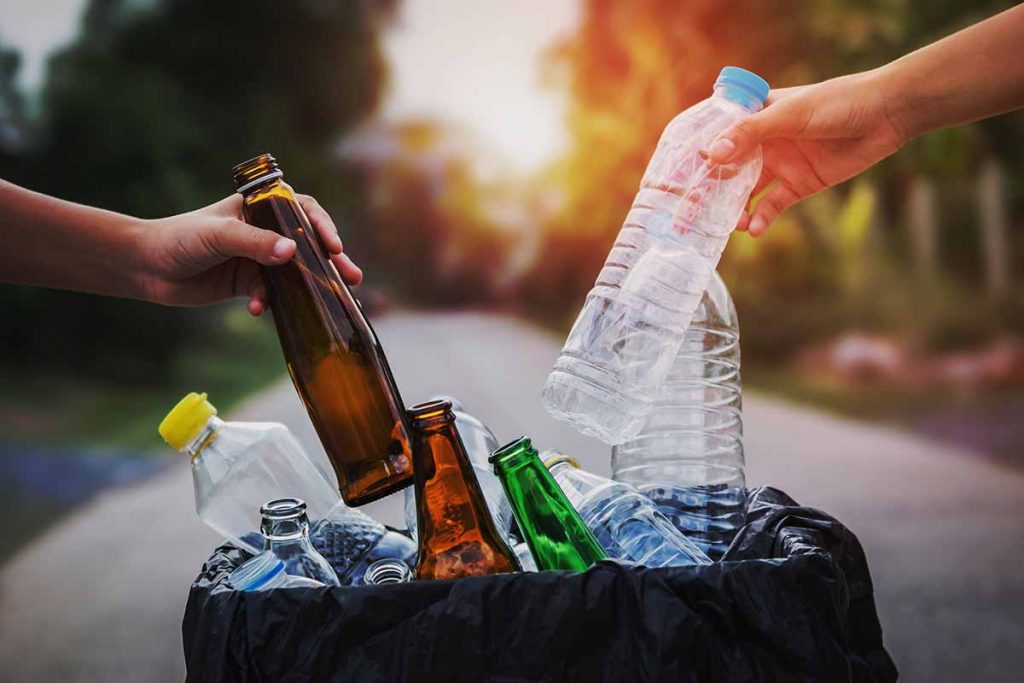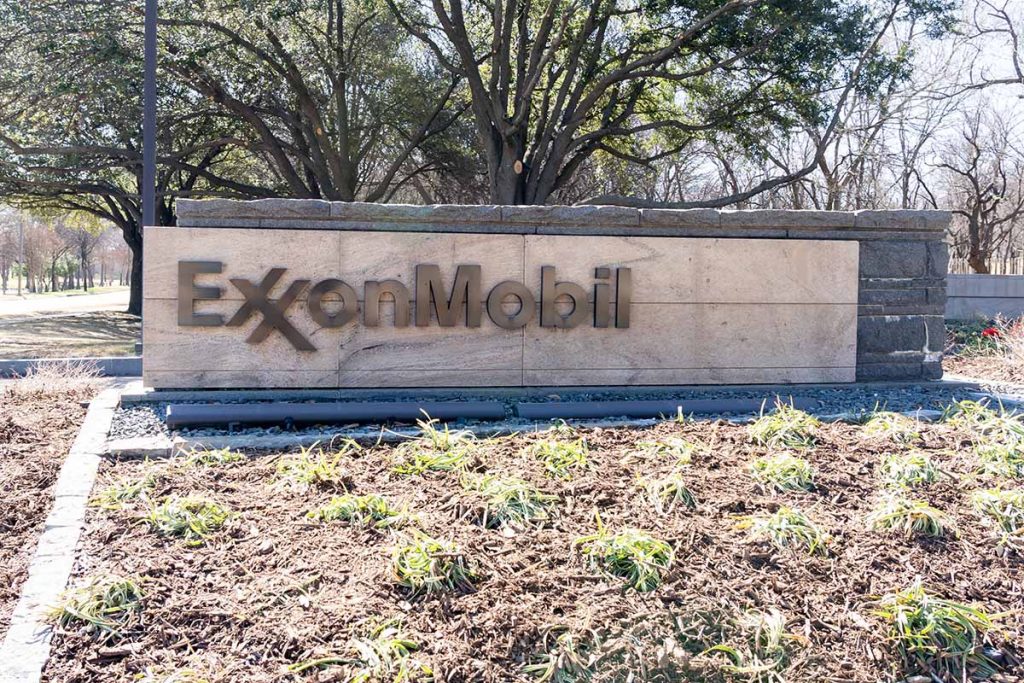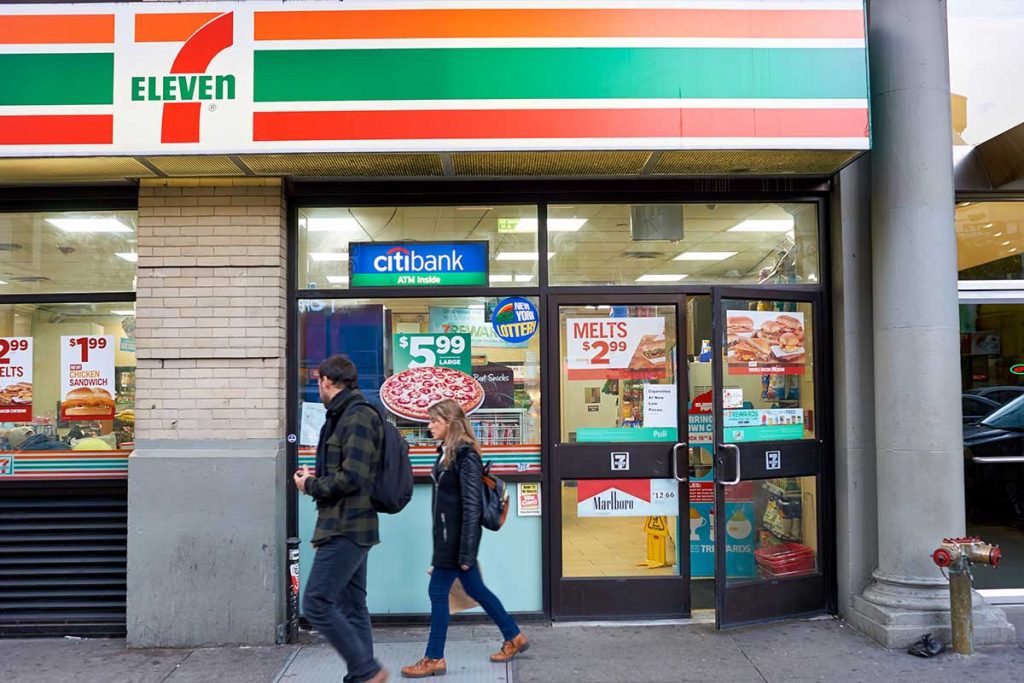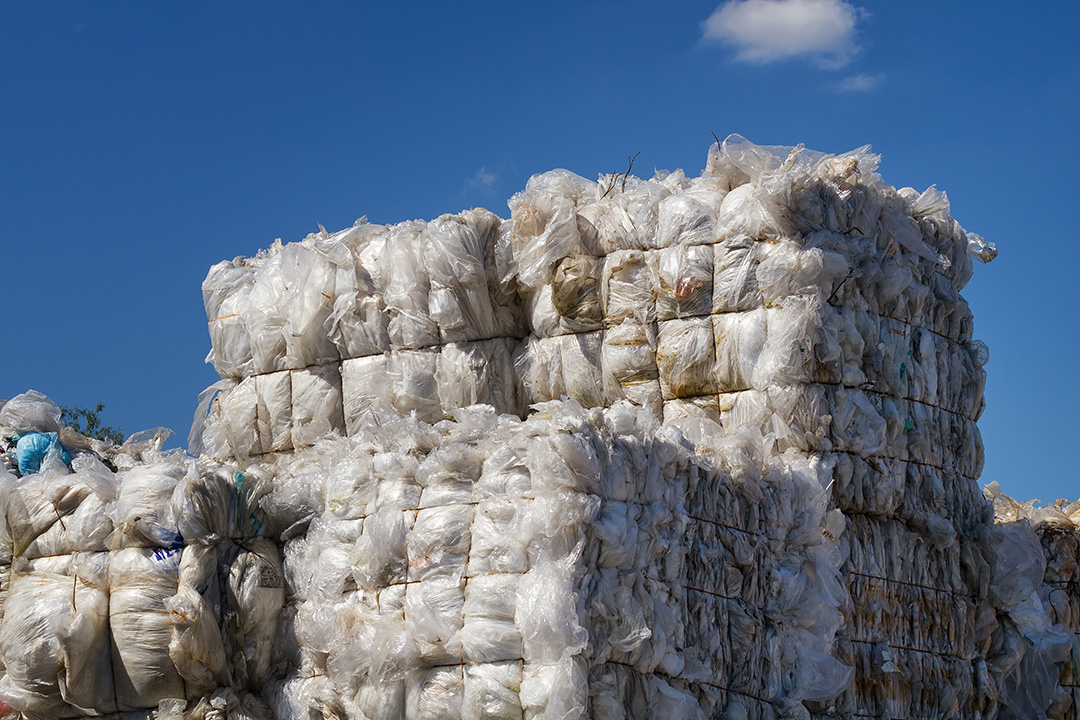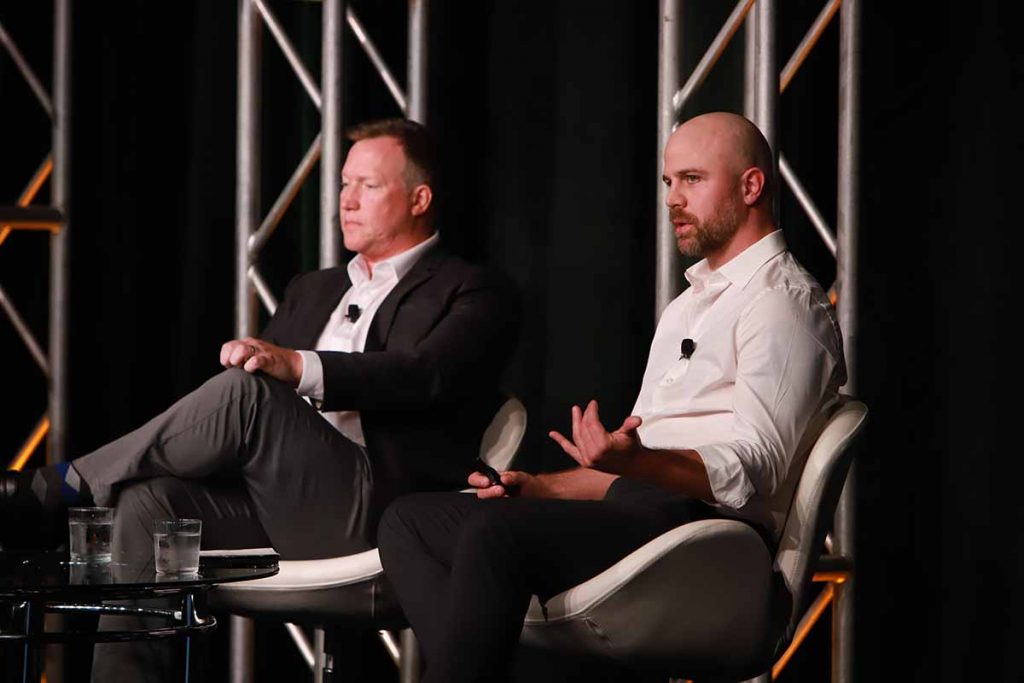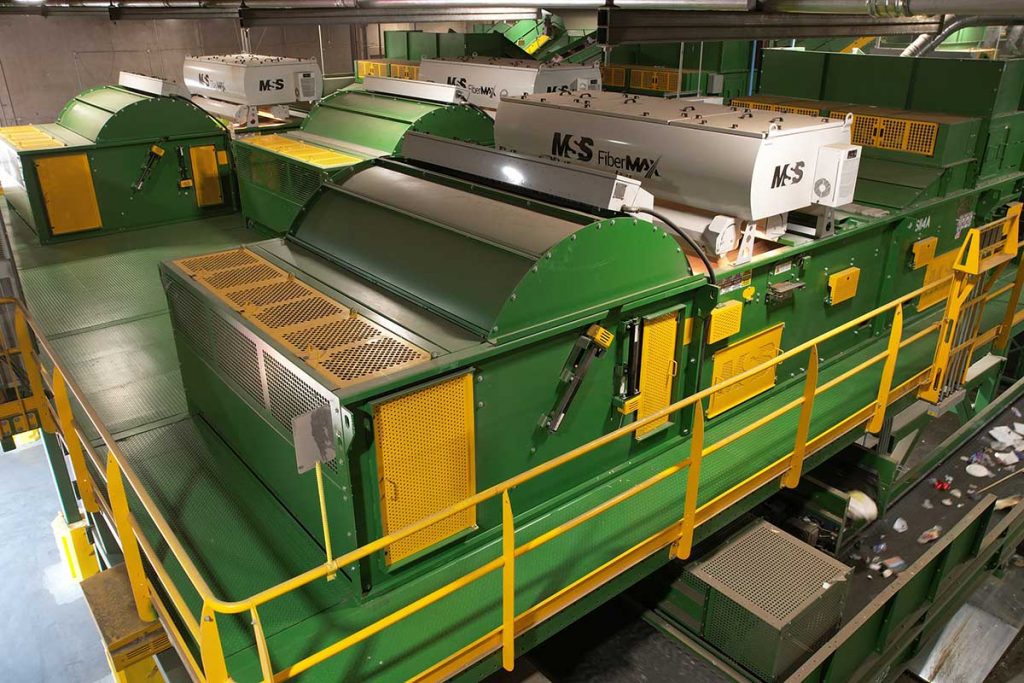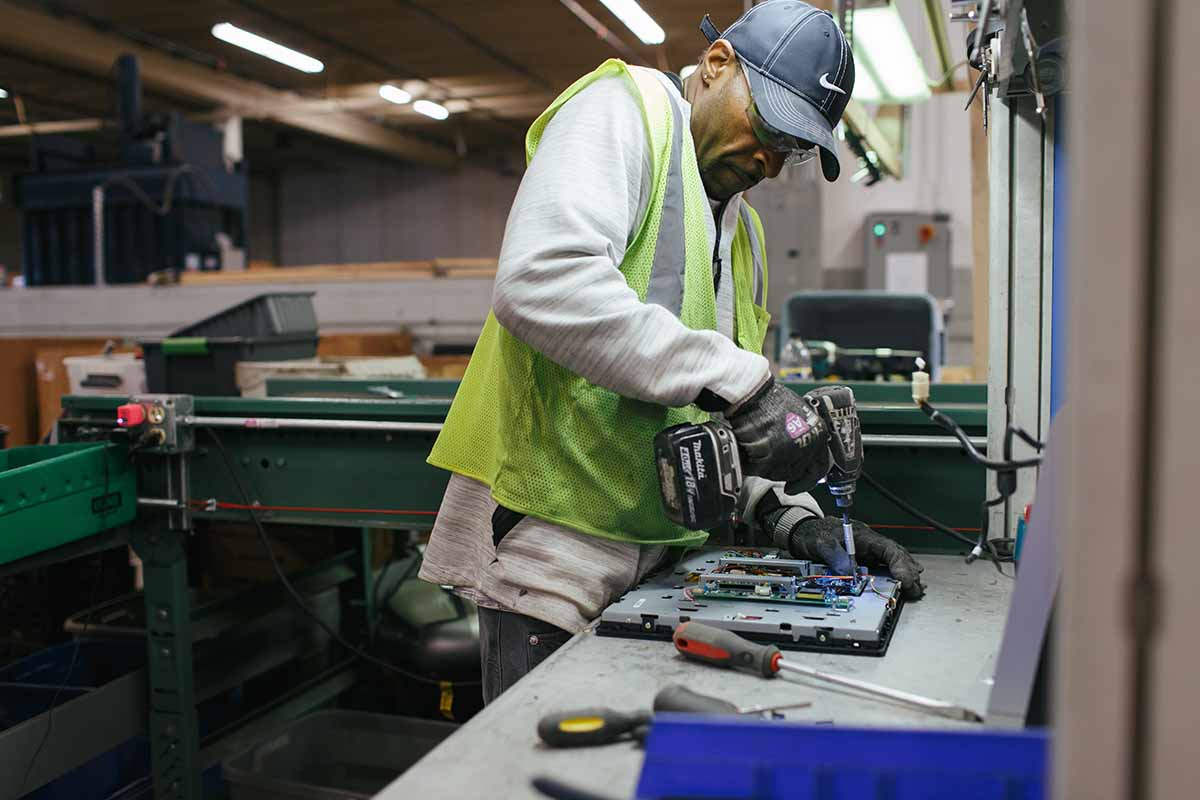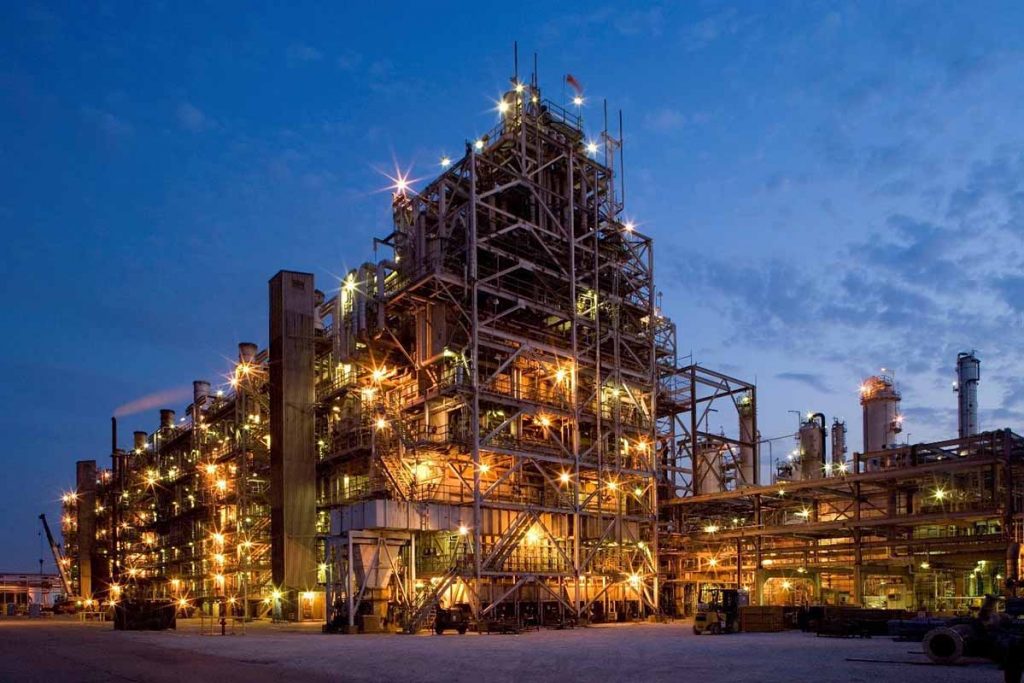
LyondellBasell will chemically recycle scrap plastic feedstock produced by the Cyclyx sorting facility in Houston. Pictured are LyondellBasell’s crackers at its Channelview, Texas complex, which is near Houston. | Courtesy of LyondellBasell
Global plastics producers will invest about $100 million in a plastic scrap sorting facility to generate feedstock for both mechanical and chemical recycling processes.


 Associate Editor Jared Paben has worked for Resource Recycling since December 2014. Most of his earlier career was spent as a reporter for the daily newspaper in Bellingham, Wash., but he also has experience working for the Oregon volunteerism commission and for Oregon nonprofits serving low-income populations. He can be contacted at
Associate Editor Jared Paben has worked for Resource Recycling since December 2014. Most of his earlier career was spent as a reporter for the daily newspaper in Bellingham, Wash., but he also has experience working for the Oregon volunteerism commission and for Oregon nonprofits serving low-income populations. He can be contacted at 